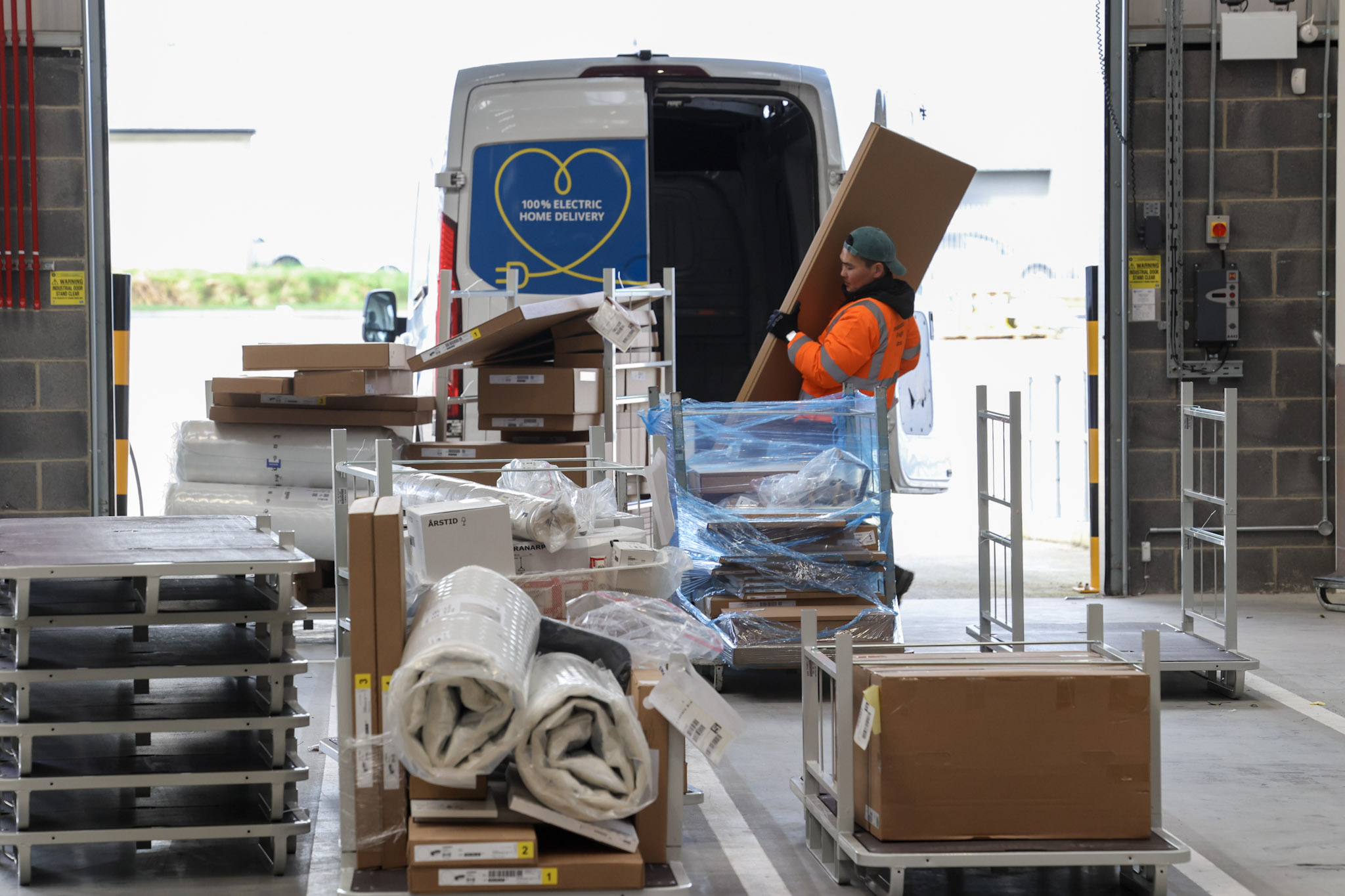We report on the latest research and analyst comment to bring three key insights into the way shoppers will want to buy this Christmas, and how retailers can manage demand
Shoppers set to buy online and spend less this Christmas
Four in 10 (40%) plan to do their shopping online this year, and finding deals is a top priority, according to a new UK study, with more than half of respondents (52%) worried about affording Christmas this year. Almost a third (31%) plan to spend less on it as a result, according to the Understanding the 2020 Consumer Global Barometer Study from Toluna, Harris Interactive and Kurundata.
The study questioned 1,108 UK adults and found that significant minorities said they were worried about the current financial situation (43%), wanted to save as much money in 2020 for fear of what’s to come (40%) or have seen a change in their personal finances this year (39%).
Almost half say they’ll be spending Christmas differently this year as a result of Covid-19 restrictions, while 46% say the price of a present or deal is the key factor in their choice of presents.
The largest group (40%) say they’ll do their Christmas shopping in November, while 22% will leave it to December. Factors behind that include concerns that presents will sell out (33%), and that they’ll sell out sooner because of the surge in online shopping (31%) although 34% are are still expecting more deals and discounts – and 22% are prepared to pay a little bit more to get the item they want.
Esther Ward, senior research executive at Harris Interactive, said: “It’s clear that Christmas this year is going to be markedly different and that’s having a big impact on our spending habits – how much we spend, in what ways and where. Retailers need to tap into this consumer sentiment to deliver the right kind of shopping experience to people, meeting their needs in a personalised way, empathising with not just the current economic environment but their own personal realities too.”
More will be opting to give fashion and clothing (34%), fragrances and perfumes (34%) and beauty products (33%) than technology and electronics (24%) – while 32% will give a gift voucher.
In-store footfall likely to peak after Black Friday
Black Friday – which this year falls on November 27 – may have been a big day online and in-store in recent years, but it’s the following day, Saturday November 28, that’s expected to be the biggest single day of the Christmas period in-store, according to ShopperTrak findings from Sensormatic Solutions.
The company draws on its footfall index, which measures 40bn shopper visits a year, to estimate that the halo effect from discounting events will bring footfall into stores. It expects that three of the top five busiest days will be a result either of the Black Friday event or Boxing Day sales. The top five days in-store, it says, will be, in order of predicted size, November 28 – the day after Black Friday; December 28 – the Monday after Christmas; December 19 – the last Saturday before Christmas, also known as Super Saturday; December 12, the second Saturday before Christmas; and December 26 – Boxing Day.
An accompanying survey of 1,000 UK shoppers found that price was the top driver for almost half (48%) of shoppers going into store. Like the Toluna study, Sensormatic suggests that this is linked to economic and political uncertainty, and it goes on to specify the causes as Covid-19 and a possible no-deal Brexit since both are expected to damage the UK economy.
Asked for their top concerns around in-store Christmas shopping this year, respondents named price (48%), product availability (21%) and store cleanliness and hygiene (17%).
Andy Sumpter, Sensormatic’s retail consultant for Europe, Middle East & Africa, commented: “This year, more so than ever, retailers’ performance during peak trading will be critical and, despite the digital acceleration we have seen during the pandemic, the physical store remains integral to that success. While this usually means improving in-store experiences to drive sales, customer retention and brand engagement, what constitutes good CX for Christmas 2020 will be, like many things this year, very different than usual. We expect to see customers shopping less frequently in-store but with more purpose, making each visit more valuable than ever.”
Demand for grocery likely to come earlier this year
Shoppers will buy their Christmas holiday groceries earlier than usual this year, according to one retail analyst, who says it will remain important to respond both to early and late surges.
Julian Skelly, retail analyst at Publicis Sapient, says supermarkets will need to act now to build intelligence into Christmas food ordering processes so that they are well placed to respond to surges in demand – especially online.
He says the usual panic buying of Christmas will move to a new level this year, as people have a recent, pandemic, experience of shortages and supply problems. Shoppers will also be likely to see their plans change at short notice, although many will order the key ingredients well in advance for certainty.
“Supermarkets need to find a way to smoothen out demand and manage both the early surge coupled with the expected last-minute rush,” he says. “Where possible, they need to build intelligence into the Christmas-food ordering processes, segmenting the fresh and packaged goods, optimising the pick-up experience and balancing demand. This year, we can’t afford long queues of shoppers waiting to pick-up their orders. And with more households ordering, there will likely be a larger number of smaller orders, leading to congestion if this is not properly managed.
“Supermarkets need to start looking at creative ways of increasing the number of delivery / collection slots in the run up to Christmas. Whether this will come from later opening hours, partnerships with delivery services such as Deliveroo or additional employees, supermarkets need to find a way to scale and meet the spike in demand throughout December. Christmas will be the real test of grocers’ online offerings. And many will set up parallel offerings to cope with the spike, which may simply be a dedicated microsite and assortment, or involve a dedicated supply-chain. The best supermarkets will simply scale their existing digital offerings to cope with the surge in demand.”









